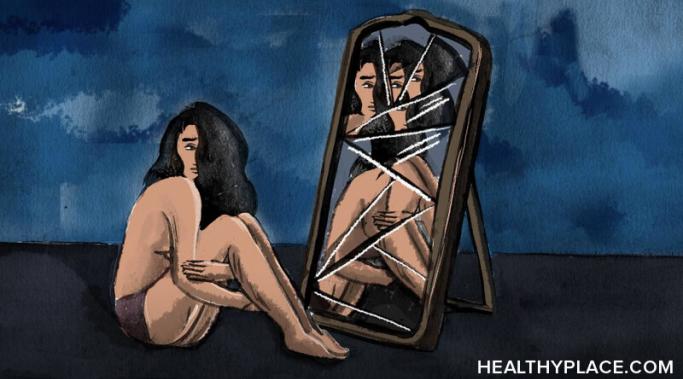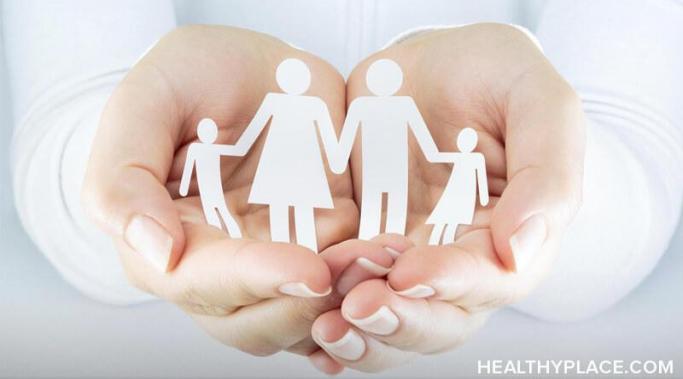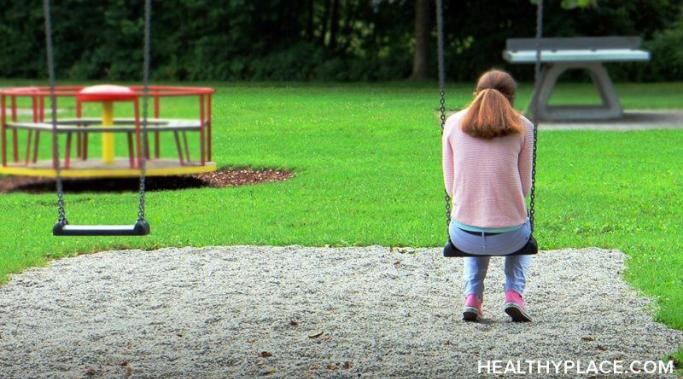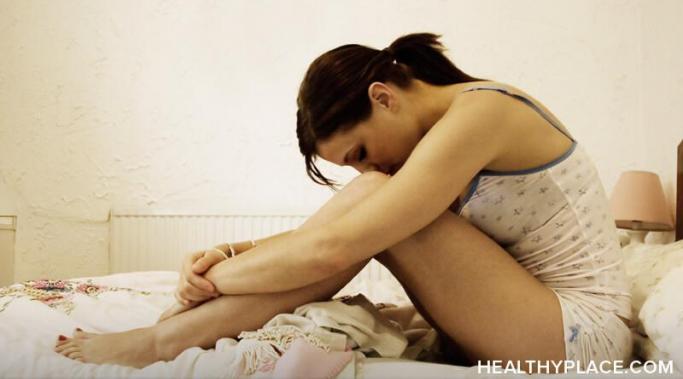Emotional neglect stands out as a significant borderline personality disorder (BPD) cause. Looking back on my childhood, I can clearly see how moments of emotional neglect contributed to my struggles with borderline PD. Below are examples of daily symptoms and their root incidents.
BPD Diagnosis
Opening up about borderline personality disorder (BPD) symptoms can present unique challenges, and disclosing this condition to immigrant Filipino parents adds another layer of complexity. My BPD symptoms include intense mood swings, fear of abandonment, and unstable self-image. Opening up about my borderline personality disorder symptoms with parents who come from a culture and generation that stigmatizes mental health issues is a delicate and, at times, painful process.
The battlefield that I walk into every morning is the intersection of borderline personality disorder (BPD) and depression. Borderline and depression have a way of casting a perpetual gray over even the most vibrant moments of life. Imagine a fog that settles in your mind, distorting your thoughts and sapping the color from your experiences. Borderline PD adds an unpredictable flair to the mix. Being borderline and depressed is like being stuck in a vast ocean of emptiness. It's hard remembering what feeling content was like before the gray set in.
Mental health labels and humans go together like unicorns and glitter. Some see the union as innocent and natural. Others see a mystical creature that doesn’t exist and tiny pieces of plastic headed for the ocean. Labels can free you, and they can chain you.
I just celebrated my first marriage anniversary. When I was younger, my borderline personality disorder (BPD) symptoms were so intense that I struggled to maintain long-term, healthy relationships. However, I have adopted some strategies to keep my marriage and myself healthy.
It can be challenging to stay grounded in the present moment when you live with borderline personality disorder (BPD). Unstable emotional states and anxious thoughts can often pull you into a past or future mindset. However, bringing yourself back into the present can have a wealth of benefits for your mental health.
It can be challenging to make and keep friends if you live with any mental illness. If you have borderline personality disorder (BPD), your unpredictable behaviors, tumultuous emotions, and fear of abandonment can drive others away. However, managing your BPD symptoms can help you to stabilize your friendships.
People with borderline personality disorder (BPD) may struggle with self-destructive behavior and self-hatred. I spent many years believing that I didn't deserve happiness and getting in my own way because of it. However, there are methods you can use to stop sabotaging yourself when you live with BPD.
It can be easy to fall into a victim mentality with borderline personality disorder (BPD). You can often feel like your brain is working against you and making life unnecessarily hard. However, treating yourself as a victim can be detrimental and prevent you from recovering and moving on from traumatic events.
When I had few responsibilities, I could afford to mope at home, overindulge on substances, and be generally destructive. However, now that I have greater purpose and obligations, my borderline personality disorder (BPD) symptoms are much less severe. Therefore, I believe that responsibility has an important role in BPD recovery.









